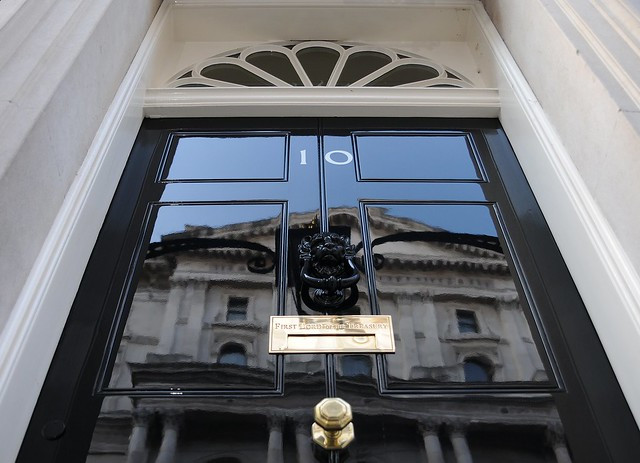When an early GE is triggered under the Fixed-term Parliaments Act, the next step is the Queen sets polling day "on the recommendation of the Prime Minister" as required by section 2(7) of that Act. (1/8) legislation.gov.uk/ukpga/2011/14/…










Keep Current with Graeme Cowie
This Thread may be Removed Anytime!
Twitter may remove this content at anytime, convert it as a PDF, save and print for later use!

1) Follow Thread Reader App on Twitter so you can easily mention us!
2) Go to a Twitter thread (series of Tweets by the same owner) and mention us with a keyword "unroll"
@threadreaderapp unroll
You can practice here first or read more on our help page!
